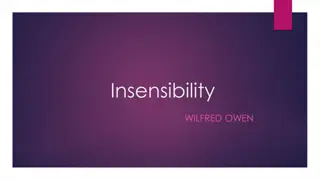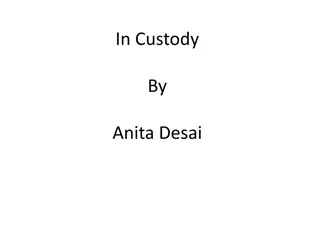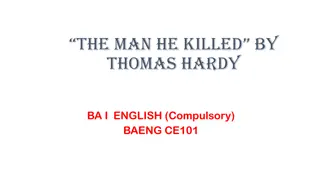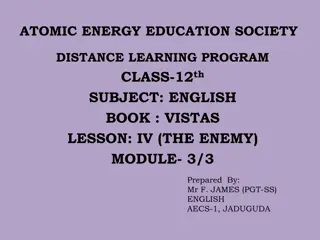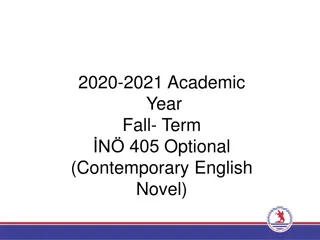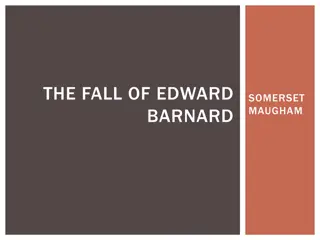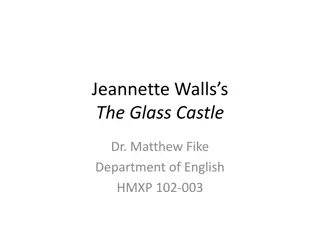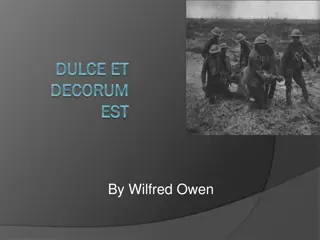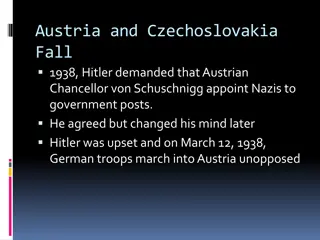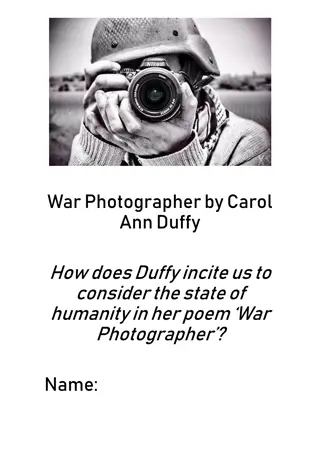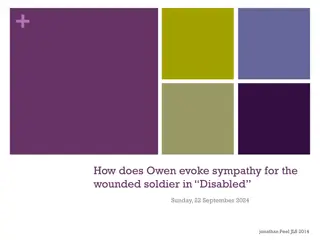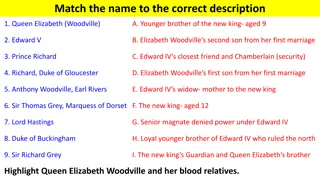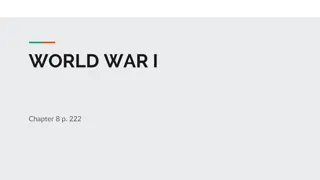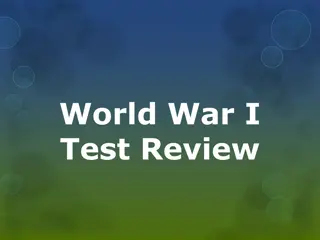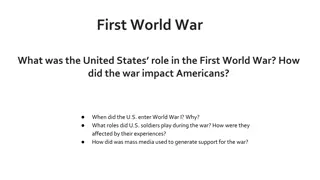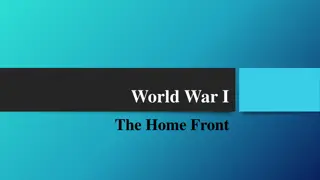Edward Thomas - Poet and Soldier in World War I
Born into a Welsh family in London, Edward Thomas struggled with financial stress before finding success as a poet. His friendship with Robert Frost influenced his shift to poetry, and during World War I, he wrote over 140 poems reflecting on nature and war. Thomas joined the Artists Rifles and was killed in action in 1917. His powerful works continue to resonate today, offering a poignant perspective on the impact of war on individuals and the environment.
Download Presentation

Please find below an Image/Link to download the presentation.
The content on the website is provided AS IS for your information and personal use only. It may not be sold, licensed, or shared on other websites without obtaining consent from the author.If you encounter any issues during the download, it is possible that the publisher has removed the file from their server.
You are allowed to download the files provided on this website for personal or commercial use, subject to the condition that they are used lawfully. All files are the property of their respective owners.
The content on the website is provided AS IS for your information and personal use only. It may not be sold, licensed, or shared on other websites without obtaining consent from the author.
E N D
Presentation Transcript
Born into a Welsh family in Lambeth, London As a child, he spent a lot of time both in Wales and England Well-educated at several London schools Instead of pursuing career in civil service (his father s wish), he started to write and publish essays, e.g. about his long walks in the woods Already as a young father, he won a scholarship at Oxford, but later dragged his family from place to place through a series of poorly paid jobs, e.g. reviews, reprints, critical essays The constant stress and financial strain took a toll on his physical and mental health > he suffered several breakdowns
The familys situation greatly improved after their move to Steep Village in 1913 where Edward Thomas started writing more creative work Here he met the young American poet Robert Frost who was staying with his family in a nearby cottage> the two men developed a strong friendship and enjoyed their longs walks and talks in the woods Frost finally persuaded Thomas to start writing poetry; in return, Thomas helped build Frost s poetic reputation both in Britain and the US by writing favourable reviews of his poetry
In July 1915, Edward Thomas joined the Artists Rifles By November 1916 he became a Second Lieutenant and was sent for service to northern France On 9 April 1917, on the first day of the Battle of Arras, he was killed by a shell blast
During two years of active war service, Edward Thomas wrote more than 140 poems These poems are a blend of meditative recollections of his beloved countryside and his experiences in battle Many of the poems feature a first-person narrator tramping along in the vast countryside, getting absolutely nowhere These environmental tropes often function as antidotes to British imperialism and destructiveness of war
Edward Thomas, As the Teams Head Brass As the team s head-brass flashed out on the turn The lovers disappeared into the wood. I sat among the boughs of the fallen elm That strewed an angle of the fallow, and Watched the plough narrowing a yellow square Of charlock. Every time the horses turned Instead of treading me down, the ploughman leaned Upon the handles to say or ask a word, About the weather, next about the war. Scraping the share he faced towards the wood, And screwed along the furrow till the brass flashed Once more. The blizzard felled the elm whose crest I sat in, by a woodpecker s round hole, The ploughman said. When will they take it away? When the war s over. So the talk began One minute and an interval of ten, A minute more and the same interval. Have you been out? No. And don t want to, perhaps?
If I could only come back again, I should. I could spare an arm. I shouldn t want to lose A leg. If I should lose my head, why, so, I should want nothing more. . . . Have many gone From here? Yes. Many lost? Yes, a good few. Only two teams work on the farm this year. One of my mates is dead. The second day In France they killed him. It was back in March, The very night of the blizzard, too. Now if He had stayed here we should have moved the tree. And I should not have sat here. Everything Would have been different. For it would have been Another world. Ay, and a better, though If we could see all all might seem good. Then The lovers came out of the wood again: The horses started and for the last time I watched the clods crumble and topple over After the ploughshare and the stumbling team.
Seamus Heaney, In a field And there I was in the middle of a field, The furrows once called scores still with their gloss, The tractor with its hoisted plough just gone Snarling at an unexpected speed Out on the road. Last of the jobs, The windings had been ploughed, furrows turned Three ply or four round each of the four sides Of the breathing land, to mark it off And out. Within that boundary now Step the fleshy earth and follow The long healed footprints of one who arrived From nowhere, unfamiliar and de-mobbed, In buttoned khaki and buffed army boots, Bruising the turned-up acres of our back field To stumble from the windings magic ring And take me by a hand to lead me back Through the same old gate into the yard Where everyone has suddenly appeared, All standing waiting.
Based on your reading of As the Teams Head Brass , why do you think Thomas is often quoted as the first ecological poet? Does the poem subordinate humanity to earth, or vice versa? State your arguments. How is the war incorporated into the overall vision of the text? Identify and discuss parallels between As the Team s Head Brass and In a field . What are the links between the present and the past in Heaney s poem?


